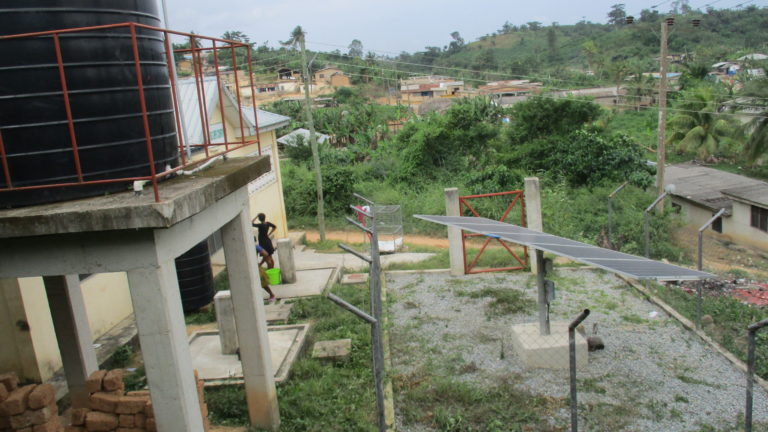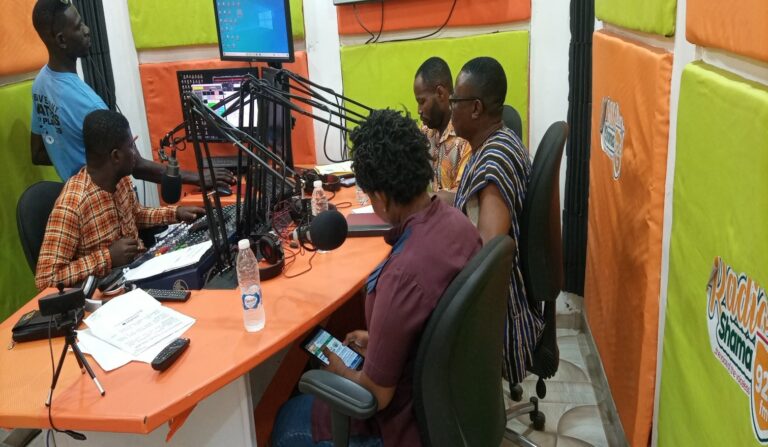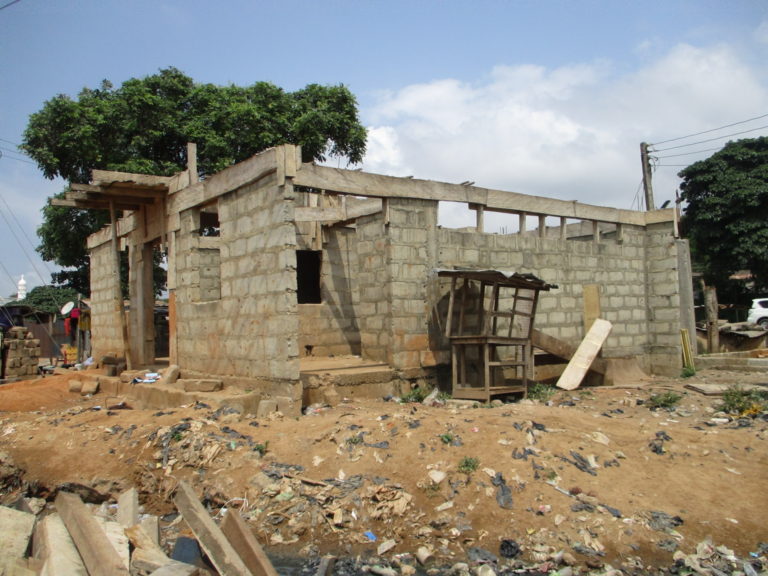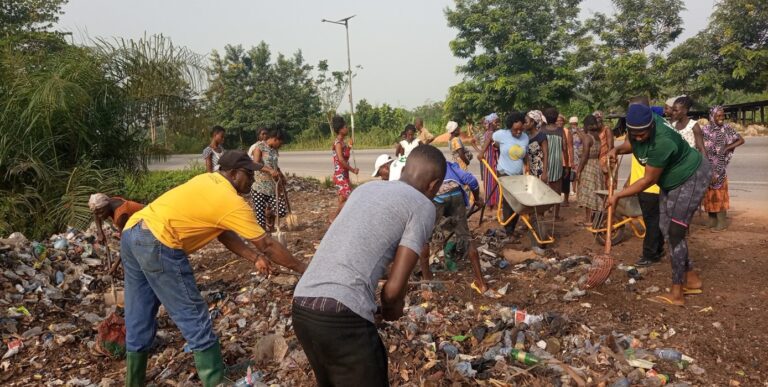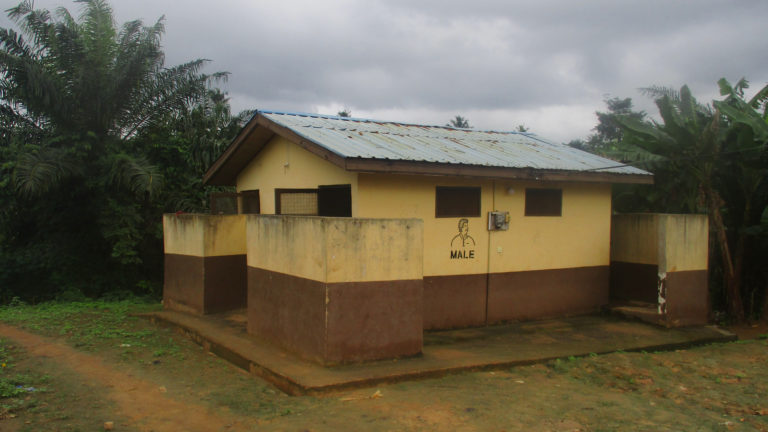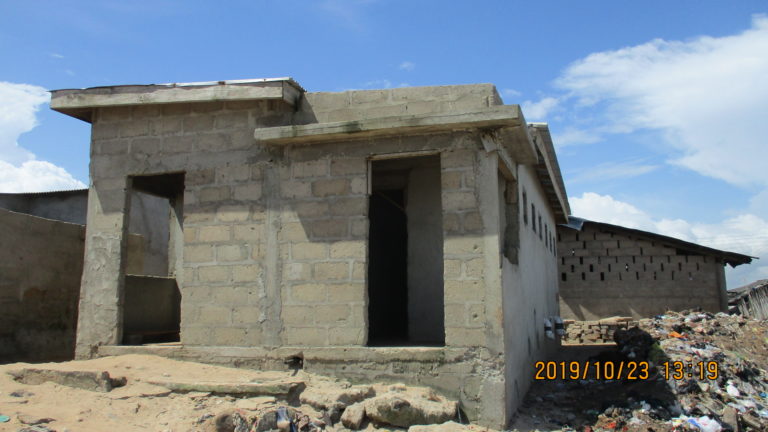Shama District Assembly To Develop master Plan To Address WASH Issues
The Shama District Assembly is set to develop a Water, Sanitation and Hygiene (WASH) Master Plan to help influence policy directions on improving the environmental sanitation practices within the district.
The 10-year WASH Master Plan, which is expected to be fully completed and launched by the end of August this year, is being drawn in collaboration with the National Development Planning Commission (NDPC).
The plan’s overall goal is to identify the current state of the WASH sector and forge collaborations among key players and institutions to improve inter-sectorial coordination geared towards addressing WASH gaps within the Shama District.
As part of planned activities to formulate the plan, the Assembly, in partnership with the NDPC has organised an inception meeting, at Shama, to inform stakeholders about the objectives and strategies to be rolled out in coming out with the Master Plan.
The meeting was attended by representatives from Civil Society Organisations (CSOs) in the WASH sector, traditional and religious leaders, the private sector, corporate
institutions, and development partners among other stakeholders.
Mr. Ebenezer Dadzie, the Shama District Chief Executive (DCE), speaking at the opening of the meeting said the WASH Master Plan sought to represent a comprehensive and innovative approach to address the challenges confronting water and sanitation issues in the district.
He said: “The WASH master plan as I have already mentioned, will address the current challenges and gaps in water, sanitation, and hygiene services in our District by conducting a thorough assessment of the existing infrastructure and service.
“It will then prioritize areas for improvement and implement targeted interventions to ensure access to clean water, safe sanitation, and good practices for all residents.”
Additionally, he noted that the plan would involve community participation and engagement to ensure that solutions were locally appropriate and sustainable in the long term to help systematically improve the overall well-being of the people.
Mr. Dadzie called on all stakeholders to contribute their quota to ensure a successful development and implementation of the plan, “so that together, we can create a future where clean water ows, sanitation accessible to all, and hygiene practices are ingrained in our daily lives.”
Dr. Kodjo Mensah-Abrampa, the Director-General of the NDPC, said the Master Plan was to help the Assembly meet its own sanitation-related medium-term plans and
contribute to realising the national WASH target where every citizen would have access to safe water, and safe and hygienic environment by at least 2030.
He said the plan would guide the district in its actions, and provide the necessary analysis to establish gaps in WASH systems and how to collectively manage the identified nuisances to attain the set targets.
Mr Anthony Quaicoe, Shama District Development Planning O cer, giving an overview of some of the plan’s proposed implementation modalities, said they would work closely with local, regional, and national authorities to align policies, secure funding, and ensure coordinated implementation of the WASH Master Plan.
At the community level, they would empower residents to be active stakeholders to provide feedback, monitor progress, and promote sustainable practices to help sustain the initiative, he said.
He said: “We will engage private companies, utilities, and service providers to leverage their expertise, resources, and innovative solutions, while also seeking partnerships with global organizations to share best practices, access funding, and stay abreast of the latest advancements in the WASH sector.”


